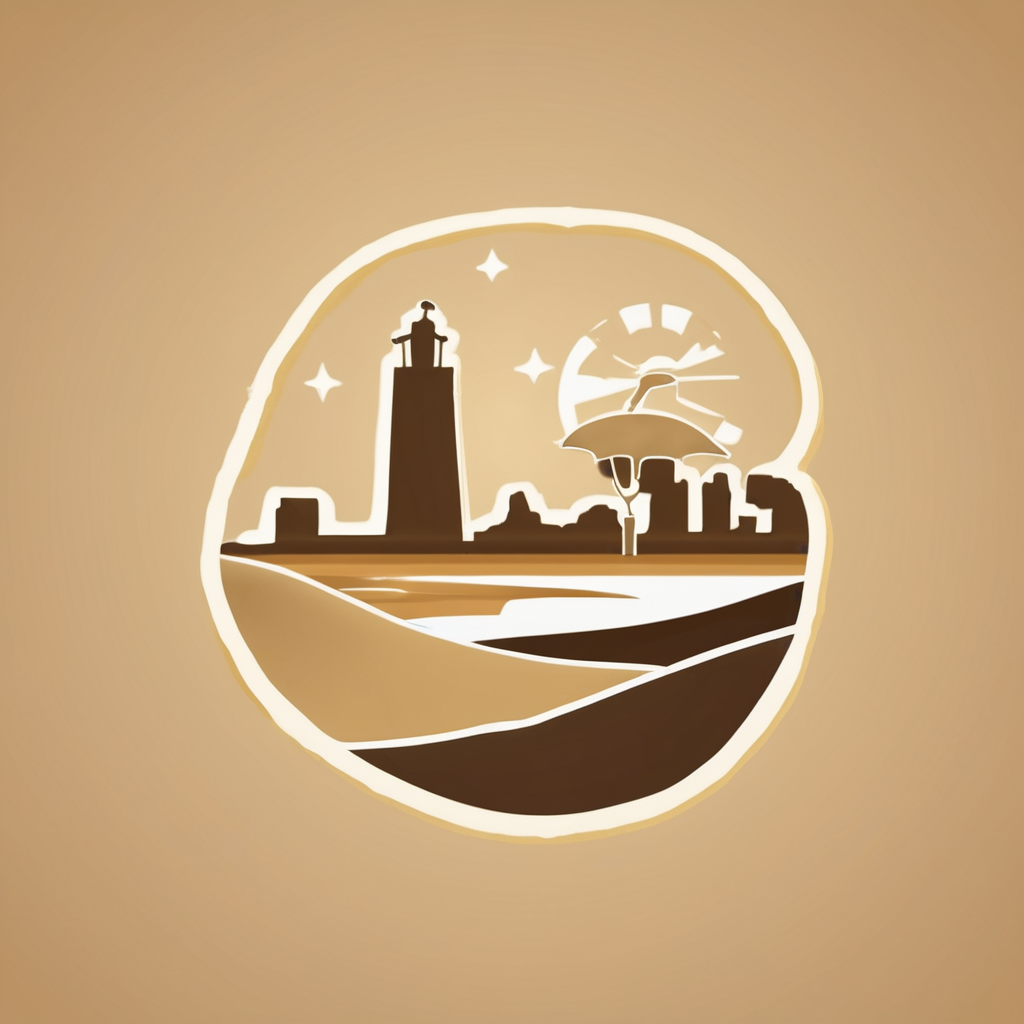Surprising Current Statistics and Trends in UK Tourism
The latest UK tourism statistics reveal noteworthy shifts in visitor numbers and travel behaviors. Despite global uncertainties, recent data show an unexpected rise in domestic tourism, with Britons favoring local destinations over foreign trips. This surge is particularly prominent in coastal and rural areas, where visitor numbers have increased by over 15% compared to pre-pandemic figures. Conversely, international arrivals have experienced more moderate growth, recovering steadily but not at the same pace as domestic travel.
Another striking trend in the recent trends in UK tourism is the decline in business travel, replaced by increased leisure visits. This shift is driven by evolving work practices, including hybrid and remote working models that reduce the need for frequent business trips. Meanwhile, the hospitality sector has adapted by tailoring services to leisure tourists, boosting demand for short breaks and weekend stays.
Have you seen this : How Has UK Tourism Industry Impacted Local Communities?
Analysis of up-to-date UK tourism data also highlights growth in niche sectors, such as eco-tourism and cultural heritage tourism. Attractions with sustainability credentials or unique historical significance have seen visitor numbers rise by up to 25%, reflecting changing consumer preferences. These developments suggest a tourism landscape that is both resilient and evolving, emphasizing local experiences and sustainable travel.
Changing Visitor Demographics and Preferences
Visitor demographics in the UK have been shifting notably. There is a growing diversity in nationality, with tourists coming from a broader range of countries. Traditional markets like Europe still dominate, but emerging tourist groups UK now include more visitors from Asia and North America. This shift affects travel preferences in the UK, as these groups often seek unique cultural experiences, historic sites, and immersive local activities.
This might interest you : How can tourists make the most of a weekend getaway in the UK?
Age demographics reveal an increase in younger tourists as well as well-traveled millennials interested in authentic, off-the-beaten-path experiences rather than conventional sightseeing. Conversely, older visitors often prioritize comfort, ease of travel, and luxury options. This evolving diversity requires the tourism sector to adapt services and marketing strategies accordingly.
Global events, such as the pandemic and geopolitical changes, have significantly influenced who visits and what they expect. Tourists increasingly value health safety, flexible booking, and sustainable travel options. These preferences shape travel trends, emphasizing eco-friendly tours and staycations. Understanding these developments is essential for businesses aiming to appeal to changing tastes within the UK’s visitor landscape.
Emerging Popular and Underrated Destinations
Discovering trending UK destinations beyond the usual hotspots can refresh any travel experience. Many undiscovered UK attractions have gained momentum as travelers seek authenticity, steering away from overcrowded cities. For example, smaller towns in the North East and rural pockets across the Midlands are now experiencing remarkable regional tourism growth UK. These areas combine rich local culture with serene landscapes, creating unique holidays that highlight hidden gems rarely found on typical itineraries.
The surge in interest often stems from communities preserving their traditions and fostering distinct art, cuisine, and festivals, inviting visitors to engage deeply with local heritage. As word spreads through social media and word-of-mouth, these less-visited destinations see a steady influx of curious travelers eager to explore fresh experiences.
Unexpected areas once overlooked are undergoing revitalisation, driven partly by improved transport links and growing awareness of sustainable travel options. This shift encourages a more balanced tourism economy across the UK, benefiting previously underappreciated regions by promoting their diverse cultural and natural attractions.
Embracing these emerging hotspots not only enriches a traveler’s journey but also supports the continued growth of regional tourism UK, showcasing the nation’s thriving variety beyond its iconic landmarks.
Impacts of Global Events and Shifting Behaviours
Global events like Brexit, the COVID-19 pandemic, and recent economic challenges have significantly reshaped UK tourism. These shifts impacted where Britons choose to travel and how they prioritise safety and sustainability. Post-pandemic tourism in the UK now shows a clear preference for destinations that provide a sense of security and lower risk, highlighting the increased importance of health protocols and flexible booking options.
Brexit introduced uncertainties around travel regulations, influencing short trips within the UK more than international travel for some. This political change has encouraged more Brits to explore homegrown destinations, boosting domestic tourism but also altering demand patterns abroad. Concurrently, economic shifts have made travellers more budget-conscious, prompting a rise in value-focused holidays.
Sustainability concerns have moved to the forefront, with many tourists seeking ways to reduce their carbon footprint. The trend toward sustainable travel in the UK is growing, as visitors expect responsible practices from accommodations and tour operators.
As a result, certain locations have surged in popularity due to their perceived safety, accessibility, and environmental commitments. Travellers now expect more transparency about environmental impact and health measures, making these factors crucial for the future of UK tourism.
Unique Experiences and Innovative Offerings in UK Tourism
The UK’s tourism scene is evolving rapidly, driven by a surge in unique UK travel experiences that cater to personalized interests like food, culture, adventure, and eco-tourism. Visitors now seek more than traditional sightseeing—they desire immersive encounters. This demand has spurred tourism innovation UK-wide.
Destinations are launching creative initiatives to capture diverse audiences. For example, heritage sites incorporate augmented reality to animate history, while food tours highlight regional specialties using local chefs. Adventure tourism thrives with bespoke hiking and water sports options tailored to different skill levels, enhancing experiential travel UK offers.
Technology plays a vital role in reshaping visitor experiences. Personalization algorithms recommend activities and routes based on preferences, elevating engagement and satisfaction. Mobile apps provide seamless navigation and access to exclusive content, ensuring tourists can explore efficiently and meaningfully.
Furthermore, eco-tourism initiatives promote sustainable travel, appealing to environmentally conscious visitors. From wildlife sanctuaries to responsible rural stays, these options demonstrate the UK’s commitment to blending innovation with sustainability.
Together, these developments define the UK’s distinctive tourism landscape, where cutting-edge technology and creative experiences meet to deliver unforgettable and tailored visits.




